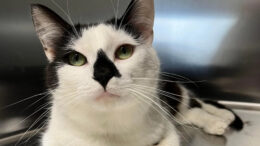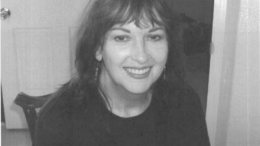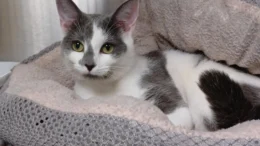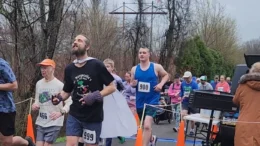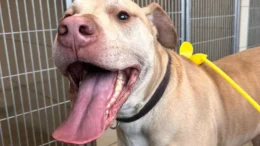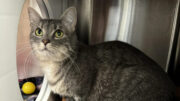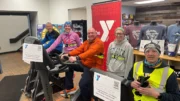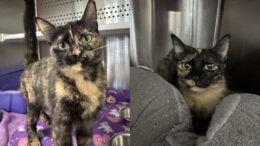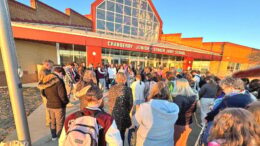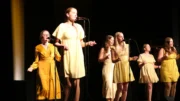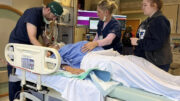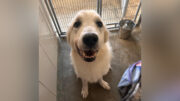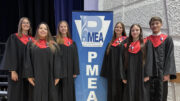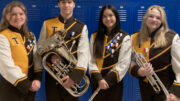High grass and abandoned vehicles, two topics addressed in a shelved Cranberry Township property maintenance code, were debated at a township supervisors meeting Thursday.
A decision by the supervisors on whether to adopt a new property maintenance code, a contentious proposal that has drawn vehement opposition as well as support from township residents, was tabled in May.
At the time, supervisors Harold Best, Fred Buckholtz and Jerry Brosius said they would review the code for potential changes and revisit the subject at a later date.
“I’m trying to bring it back to the forefront to see what your intentions are,” said Breniman.
One issue that was raised Thursday focused on keeping grass cut within a certain height. When asked by Brosius if the provision had been eliminated from the code, Breniman said “the vegetation part” could be dropped.
“It seems a little stiff to have a $300 fine, up to $1,000, for not mowing grass … (and) then threatening to send someone to jail,” said Brosius. “I’d approve (the code) with modification, maybe a $100 fine, and take out the imprisonment.”
While Best noted that lawn maintenance “is important to some people,” he suggested that the restriction be in place only for areas zoned R-2, or more densely populated urban areas. Breniman cautioned that he was unsure whether “the township can differentiate in zones.”
Best said the supervisors would review a revised property maintenance code and then submit it to legal counsel for a final scrutiny. At some point, he said, the township will schedule a public hearing to discuss the proposed version.
Devaluing property
A second issue that deals with rules applying to non-registered or inoperable vehicles that are on private property that can be seen from a roadway drew criticism from Jen Lavrich.
She told supervisors that neighbors along a one-lane private road where she lives have recently “lined up three vehicles and a pile of junk” on the roadway.
As the township’s pending property maintenance code applies only to vehicles that can be seen from a public roadway, Lavrich said, “You cannot have rules for some and not for all.”
Referring to an ordinance enacted by a neighboring township, Lavrich said that provision prohibits abandoned vehicles being placed “on public and private roads.”
“You just can’t do it from what you can see from a (public) road,” she said.
In response, Breniman said he could “tweak” the proposed Cranberry code to note unregistered/inoperable vehicles could not be situated on “any or all roads, whether public or private.”
On the abandoned vehicle issue, township resident Barrie Brancato said the presence of unregistered vehicles “devalues property” and said, “That’s not fair. They need completely hidden or sheltered.”
Her comment drew a response from Matt McSparren, a township resident who owns a farm.
Best pointed out there is a farm exemption in the proposed code that if equipment is used on an annual basis the abandoned vehicle restriction does not apply. That led to further discussion, though, about other township businesses that store inventory or parts outside.
Best, repeating that changes can still be made in the proposed code, told the audience, “We will take your comments into consideration.”
In other business Thursday, Breniman told the supervisors that eight building permits with an estimated construction value of $313,125 were filed in June. Of that amount, $285,000 was pegged to a project to change all signage at the UPMC Northwest hospital.
Ted Williams, the township road supervisor, said crews spent nine days repairing storm damage incurred last week.
“We also spread limestone dust for three days,” he said. “The hot weather makes the (road) oil get slippery.”
Mike Erwin said the July storms also kept his crews busy. Lightning hit the water plant on Pennsylvania Avenue and caused damage. Two transformers inside the plant were taken out and a motor was destroyed.






